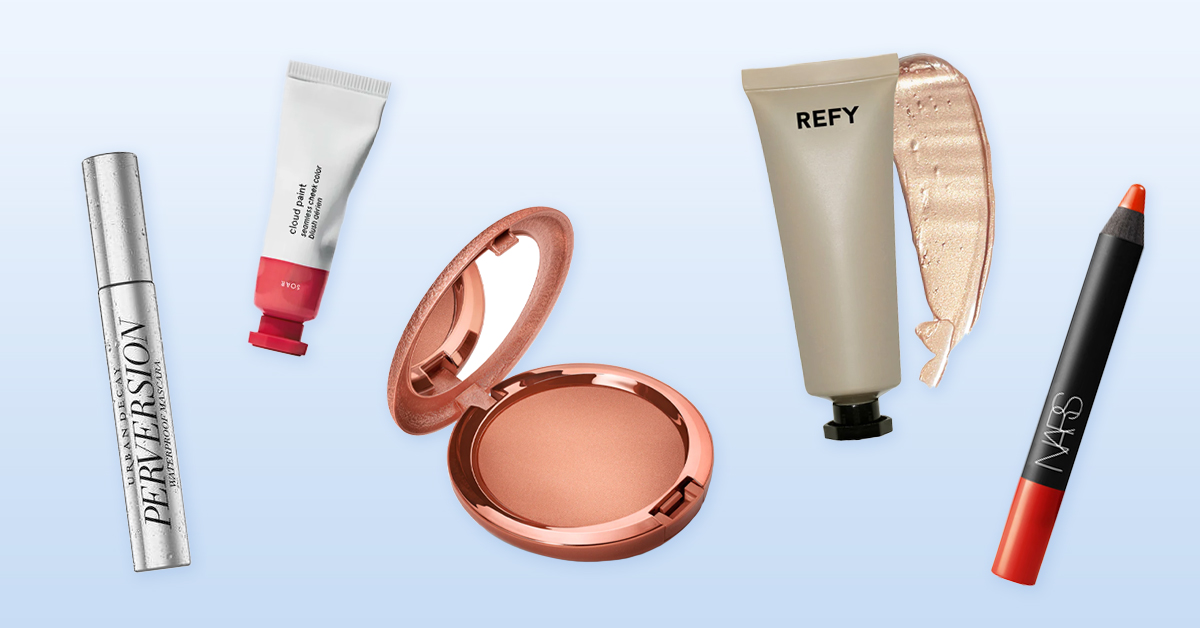Mental Health is so much more than the absence of mental illness
The past year’s events have shone a light on the immense importance of health, particularly mental health. Until recently, discussion of mental health was mostly done in the context of mental illness. While it is essential to bring awareness to mental illness, it is equally important to discuss mental wellness. For many, mental health is simply the absence of mental illness. However, that notion does a huge disservice to the many preventative and proactive steps people can take to ensure and promote their individual mental well-being and the mental health of others in the community.
What is mental health?
According to the definition provided by the World Health Organization (WHO), mental health is “a state of well-being in which every individual realizes his or her potential, can cope with the normal stresses of life, can work productively and fruitfully, and is able to contribute to his/her community.”
There are three major areas of mental health:
- Emotional health, which is the way you feel.
- Psychological health, which encompasses your thinking and thought patterns, perception, and reasoning.
- Social functioning and well-being, which is how you relate to others and your relationships with others, including your relationships at work and within the context of society.
The way you feel, the way you think, how you relate to others, and how well you are able to navigate all these domains are all part of positive mental health.
Many factors affect mental health, including:
- Poor nutrition
- Financial concern
- Sleep deprivation
- Stress
- Alcohol and substance misuse/abuse
- Social environment
- Self-talk, thoughts, and mindset
Yes, there are certain things we have no control over. But to ensure you are doing your best to keep your mental health optimal, it is crucial that you direct your focus and energy on the things you do have control over. Let’s take a look at some preventative steps you can take to help you feel and do better.
Nutrition and alcohol
More and more, it is becoming evident that healthier eating habits contribute to better mental health. There is increasing research examining the connection between our gut health and brain health. Some medical professionals and psychiatrists are beginning to address their patients’ symptoms of depression with a change in their nutritional choices. While it may not be that easy, there are simple things you can do that will make a difference. Making small changes in your diet, such as prioritizing protein, adding more color to your plate (with fruits and vegetables), and eating good-for-you fats like avocado, nuts, and the like, can make a big difference in your mood.
In addition, your eating behaviors really do matter. For example, instead of eating at random times of the day, try to keep a more consistent meal-time schedule. When you’re eating, practice being more present and mindful. This can include engaging your senses (taste, smell, feel textures, etc.), chewing your food slowly, not rushing through your meal, and avoiding multitasking while eating. These small shifts in behavior will help your brain enjoy the process, sending “happy signals” to your nervous system.
Along with better eating habits, alcohol consumption is something that deserves equal attention. Nutritionally, alcohol adds zero nutrients (lots of empty calories) and hinders protein synthesis, which is important for cellular function and much more. It also irritates your digestive system and alters gut health. This leads to inflammation, increases harmful bacterial, and reduces helpful bacteria. In addition, alcohol changes the levels of neurotransmitters in the brain, which can affect behavior, emotions/mood, and how we feel physically. Alcohol is a depressant by its chemical nature. While the occasional glass or two of wine “may” make us feel “better” in highly stressful times or help us “unwind,” continuous use of alcohol as a means of coping with negative emotions is unhealthy. This doesn’t mean that you should never drink, but it is important to understand the impact alcohol has on our mental health.
Bringing awareness to your relationship with food and alcohol is an important step in making desired changes. Instead of engaging in learned behavior, you should turn to more positive practices to address the emotional aspects of drinking or eating. This will help you develop a healthier long-term relationship with the things you consume.
Sleep
Let’s get rid of the idea that “you’ll sleep when you’re dead.” Sleep is one of the most important activities you can do to help your body be and stay healthy. While it may not always be easy to get the recommended amount of seven to nine hours, especially for people with anxiety and parents of young children, there are steps you can take to make improvements that may lead to better quality sleep. For example, having a consistent morning and bedtime routine and sleep-wake schedule helps establish and maintain the body’s internal clock. While these routines may be very individualized, creating rules like no caffeine after 3 pm, no social media or screen time at least 30 minutes before bedtime and upon waking, and avoiding intense workouts before bedtime, can all help improve your quality of sleep.
Stress
Stress is hands down the most talked-about yet the least addressed aspect of everyday existence. We all experience it. Everyone is always talking about it. In many ways, it’s even considered a normal part of our daily lives. However, persistent stress is rather harmful to the body, and it can override many of the benefits of other proactive things you’re doing, like healthful eating and exercise. Stress can contribute to the onset of diseases, slow down recovery from illness, and speed up mortality. This is why stress management and stress reduction practices are so important. When you make a conscious effort to reduce stress, you improve your psychological and physical functioning and improve your mood and emotional health, and as a result, have a better quality of life. When you are less stressed, you are also more likely to stick to all those healthy habits you are practicing and developing, making them into lifestyle changes.
Stress reduction, like many things, can be learned. If done conscientiously and consistently, it can develop into a habit — which becomes a proactive and preventative measure rather than a reactive one. Activities such as meditation, exercise, yoga, and even getting massages have been shown to reduce stress dramatically. Having a good social support system where you can freely be emotionally expressive is also important for a stressless life.
Social environment, thoughts, and mindset
As the saying goes, “The people in your life will either inspire you or drain you.” Our social circle and social environment play a huge role in how we feel, think, and act. While you may not be able to eliminate every negative person from your life or those that have a negative impact on your well-being, it is crucial to surround yourself with people who genuinely care for you, who help you grow, who support your goals and dreams, and who truly make you happy. While happiness is ultimately an inside job, it certainly helps when the people around you don’t make it their mission to bring you down with judgment, disapproval, their fears, etc. Being able to express yourself free of judgment or ridicule is a matter of feeling safe — safe to be ourselves, regardless of what that may be right now.
In addition to our social circle, our mental well-being is significantly impacted by our thoughts. Our thoughts then affect our mood, which influences our behavior. When we experience difficult times, it’s easy for thoughts to spiral down the negativity rabbit hole. It starts with one negative thought, and all of a sudden, everything is just awful.
While your feelings and your experiences are valid, you have to be careful not to allow your thoughts to control you. The misconception is that we have to control our thoughts, but we don’t. What will be more helpful is acknowledging your negative thoughts, learning to understand where they’re stemming from, trying to find evidence for how true they are, and then take steps in the direction of more neutral or positive thoughts. This doesn’t mean that you avoid negative thoughts and only think positively (no toxic positivity here!). Still, it does mean that you can create a shift in your approach and mindset around situations that elicit negative thought patterns.
Taking care of our mental well-being is no different than taking care of our physical well-being. Mental health is health. Understanding that you can do things now — simple changes you can make in your daily life that can improve your mental health — can prevent burnout and mental illness (i.e., medical diagnoses of depression, anxiety, etc.). Think of mental health as a spectrum, which ranges from “mental illness” to “mental wellness.” Like many aspects of life, it can fluctuate. But know this: it is absolutely ok and even necessary to talk about it, reach out for help, and seek support. Remember that you’re not alone, it’s not your fault, and you are absolutely worthy of health, love, and happiness.
Aleks Zavlunova is a Holistic Behavior Therapist and Wellness Coach. She uses principles of human learning and behavior modification to help people develop sustainable skills and habits to lead healthier and happier lives. Aleks combines cognitive behavior psychology and nutrition science to help her clients begin to address maladaptive and self-destructive patterns and habits, build self-esteem, confidence, and self-love, by systematically improving their relationship with food. She strongly believes that our relationship with food greatly correlates with our relationship with the self, our emotional, physical, and mental wellbeing, as well as our relationships with others.
















